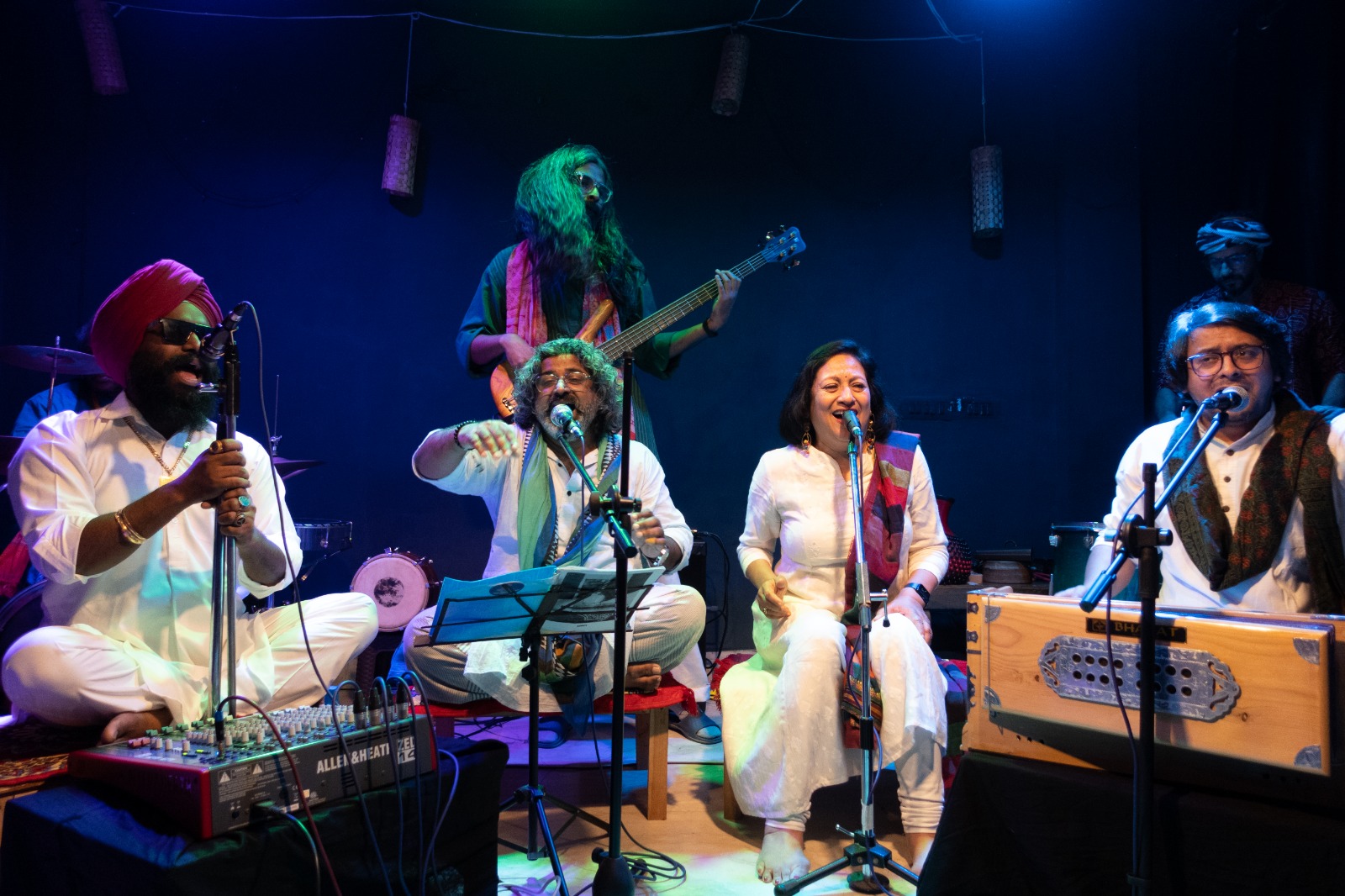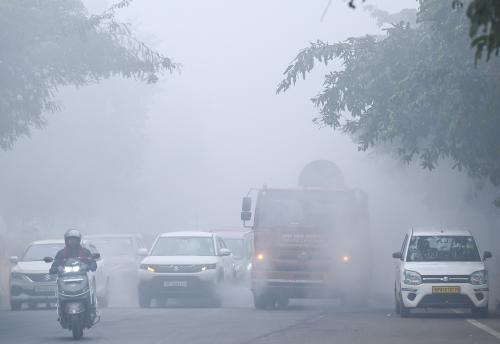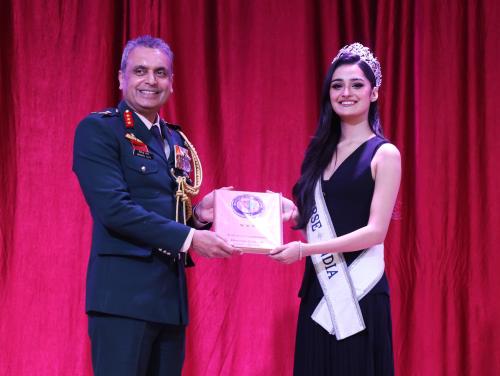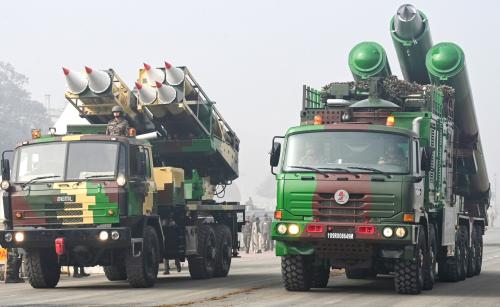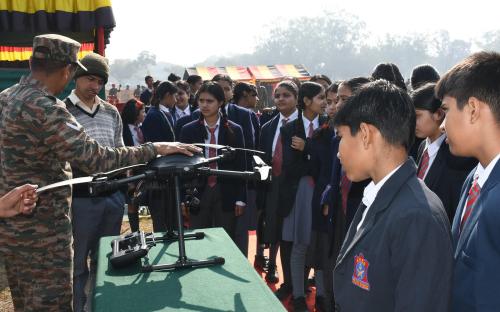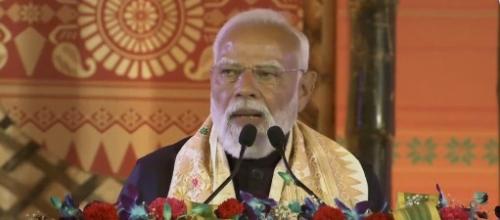Sukant Deepak
Amritsar, Feb 26 (IANS) Faiz Ahmed Faiz, Sahir Ludhianvi, Majaaz, Nazeer Akbarabadi, Baba Nagarjuna, Paash and Kabir -- ‘Dastaan Live’, an independent music band, does not believe in taking the convenient/safe road out, instead uses the words of these masters to reflect on the contemporary social realities.
Perhaps the reason that in recent times, this band has earned a cult following.
With 11 members - five vocalists, three percussionists and three guitarists -- ‘Dastaan Live’ primarily works with music, poetry, visual art, lighting design and performance art, with music at its core.
They also incorporated puppetry in their music video of ‘Mat Ro Bachche’.
“For us, it is paramount to constantly challenge ourselves by incorporating varied genres and forms,” band co-founder Anirban Ghosh tells IANS.
The inaugural show of the project, titled ‘Surviving Democracy', was conceptualised by Anirban Ghosh (Baan G), Nikhil Vasudevan and Sumant Balakrishnan in 2016, and since 2018, they have carefully chosen content that is in line with their critical and political work.
Ghosh, who also teaches at Ashoka University, and runs an NGO along with his partner at the Nizamuddin slums in Delhi, says that only those people inclined with their social and political ideas come on board, and that is the reason their music works.
“Most of us are interdisciplinary artistes. The genres they practice are just ‘byproducts’ -- it is primarily the thought that matters. We are consistently pushing boundaries, and the project strives to enhance audience immersion, fostering dialogues, interpretations, and, above all, inspiring critical thinking,” adds Ghosh.
The band which was in Amritsar for the ‘Sacred Amritsar 2024’, presented by Sleepwell and produced by Teamwork Arts, staged their ‘rock opera’ - ‘Kabira Khada Bazaar Mein’, written by Bhisham Sahni and originally staged by theatre director M.K. Raina to critical acclaim. The show re-interprets the music of the play, retaining its core aesthetics and updating the arrangement and instrumentation for modern sensibilities.
“While Kabir is seen as a saint-seer, let us not forget that he asked very uncomfortable questions. We have always believed that the arts must raise pertinent inquiries and respond to what is going on around us. Anant Raina, who is a filmmaker, has come on board for this,” says Ghosh.
But are they not apprehensive about putting out critical content?
He says, “There will always be people uneasy with the kind of themes we work on. But it is important to speak out.”
Believing that it is important to have spaces where younger artistes across genres can push the envelope without the roadblocks that are synonymous with the market-driven arts ecosystem, Ghosh feels community arts may be the solution.
Even as several major independent bands continue to feel financial heat, the musician stresses the situation is no different for them.
However, accepting corporate funding and grants also means that their content gets compromised.
“And this is something we do not want to do.”
Planning an album, the group will be taking the Kabira show to different cities across the country.
“Kabir needs to be listened to more, much more by everybody,” he concludes.


